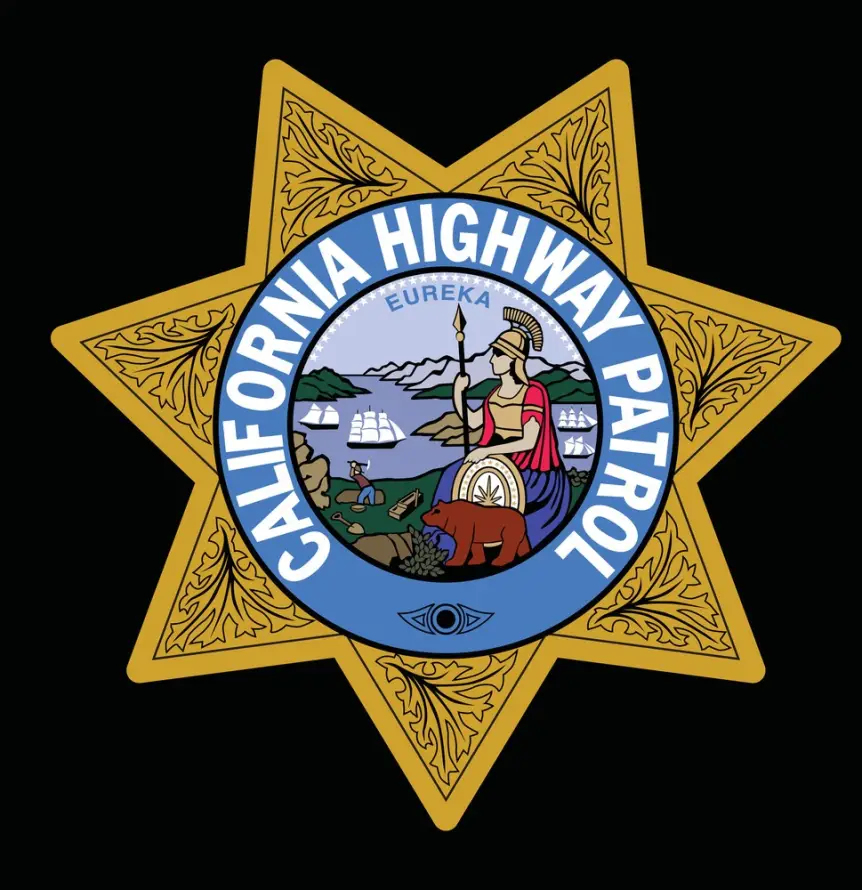The California Highway Patrol is the police force that has jurisdiction over all state highways. They handle a large portion of DUI arrests in California.
Usually, when we talk about DUI arrests, we picture the local police or sheriff carrying them out. However, many DUIs in California aren’t brought by local authorities at all, but rather by the California Highway Patrol (CHP).
The CHP acts as the state police force. The terms “State Troopers” and “California State Police” both refer to the CHP. This organization has statewide authority to patrol the roads and often helps to coordinate large-scale DUI crackdowns with local law enforcement.
Understanding the CHP’s Jurisdiction
California has a responsibility to make sure their roads are safe, especially areas between towns. The California Highway Patrol is tasked with patrolling the entire state highway system for any criminal activities, including DUI.
Strictly speaking, CHP’s jurisdiction covers all numbered highways, but in practice, it means they have the authority to conduct traffic stops and arrests anywhere in the state. The troopers tend to focus their patrols on freeways and numbered highways.
CHP also has the authority to assist other police jurisdictions in the state of California for patrols and other enforcement activities. In rural areas of California, the CHP may be the only police force around.
CHP and DUI in California
Because state troopers can cross municipal and county lines, they are often a coordinating force behind large-scale DUI enforcement. For example, when law enforcement plan multiple DUI checkpoints in the same area, CHP will often help. This means you can see local police, county sheriffs, and state troopers all working together at the same roadblock.
California Highway Patrol will also lend patrol cars to saturation efforts sometimes. This is when police forces concentrate their officers in a smaller area to increase their chances of catching someone breaking a particular law, like driving under the influence.
The CHP is also responsible for keeping a database of accident information called the Statewide Integrated Traffic Records System (SWITRS). This helps the state track where DUI hotspots are popping up, which tells them where to place their checkpoints and saturation patrols.
CHP May Jump the Gun on DUI Arrests
California has one of the highest charge rates of DUI in the country, and the officers of the CHP handle many DUI arrests. A DUI lawyer can determine if they cut corners or violated their honor code during your stop, questioning, and arrest.
If they broke procedure or ethical rules, that puts their testimony of your crime in jeopardy and could get the state to drop charges. Remember, the state has to prove to a judge that you committed a crime. If the evidence or the manner they took it was done incorrectly, the state may not make the charges stick.
One way CHP may jump the gun is assuming you’re intoxicated when you’re not. Sobriety tests are not ironclad. If they make a snap judgment and arrest you before they have solid proof of intoxication and dangerous driving, your lawyer can use that in your defense.
Where Do I Go If the CHP Arrests Me?
If you or a loved one are arrested by California Highway Patrol, you will be booked at the nearest county jail facility. In the Los Angeles area, this often means the local Sheriff’s station. Once you are processed, your charge will be handled by the local court in the area where you were arrested.
This can be troublesome if you are arrested far away from home or your lawyer. However, CHP is required to take dashcam video of their stops and arrests. Your lawyer can request this information to help you build a case. You shouldn’t be stuck in a battle between your reputation and the officer’s.
Been Arrested By the CHP? Get a Lawyer Immediately
Have you been charged with DUI after being pulled over by California Highway Patrol? We can connect you with an experienced Los Angeles DUI lawyer and get you a FREE consultation. Fill out the form to the right or call us to get your free consultation today.




